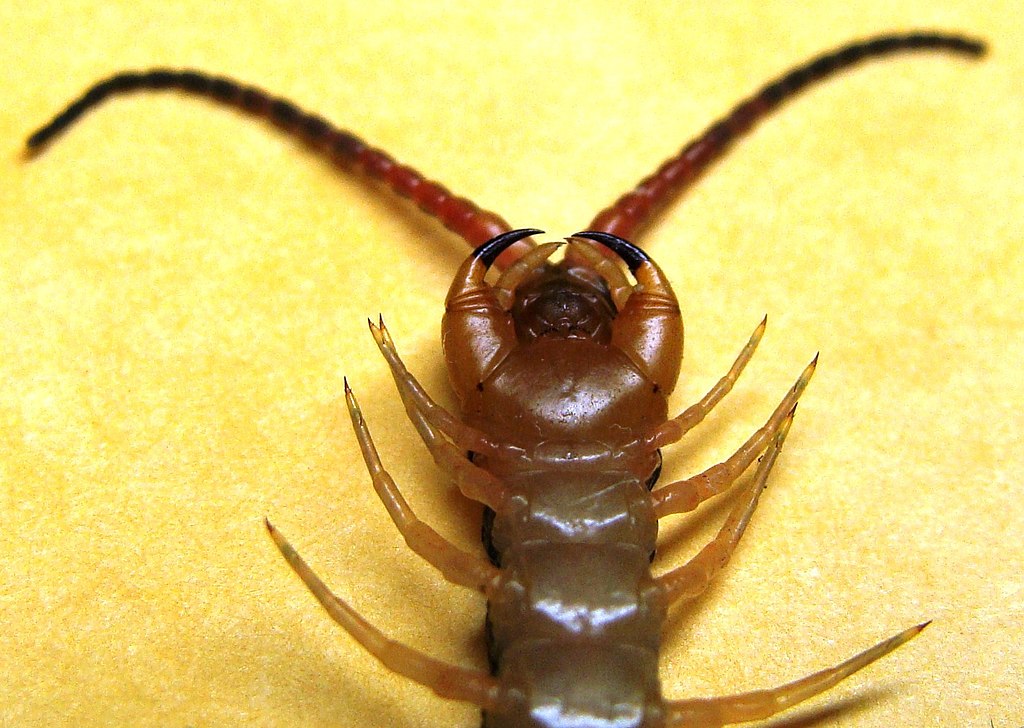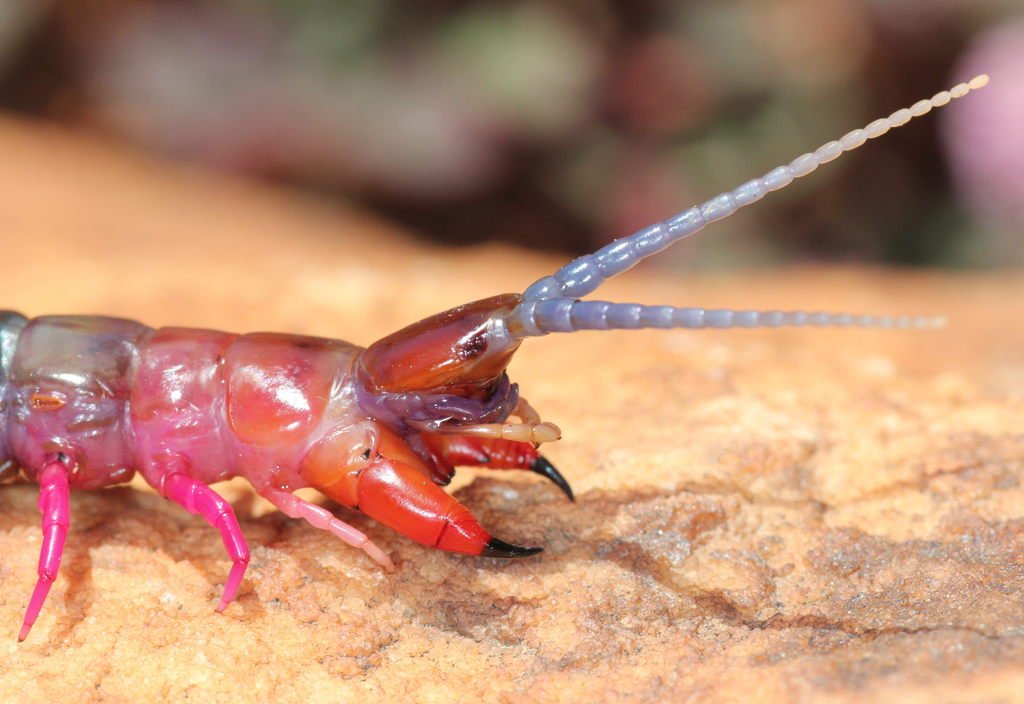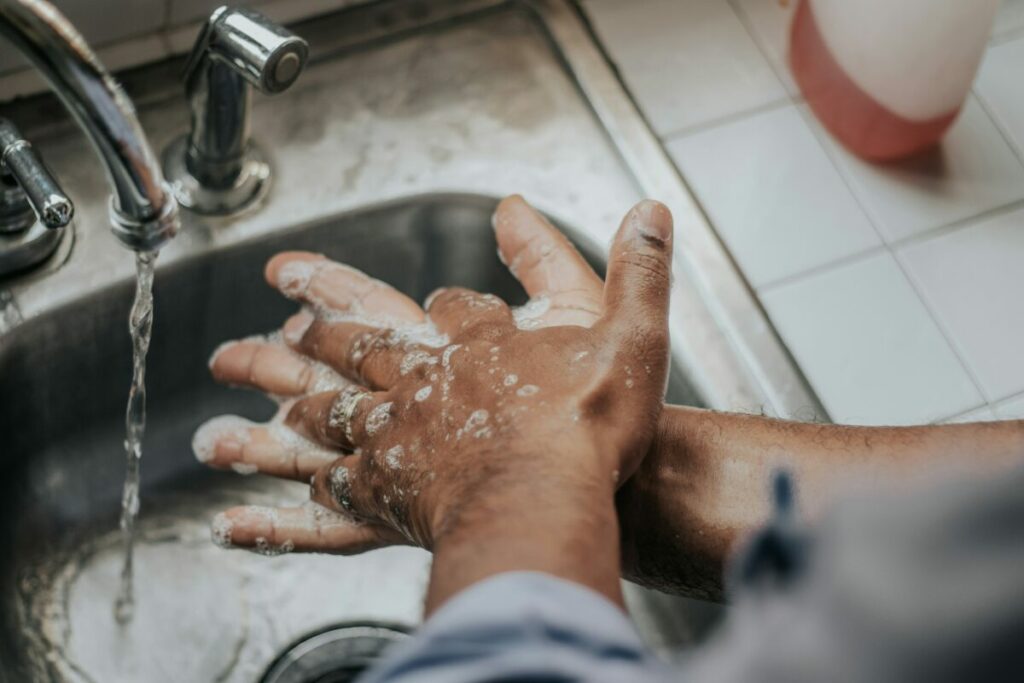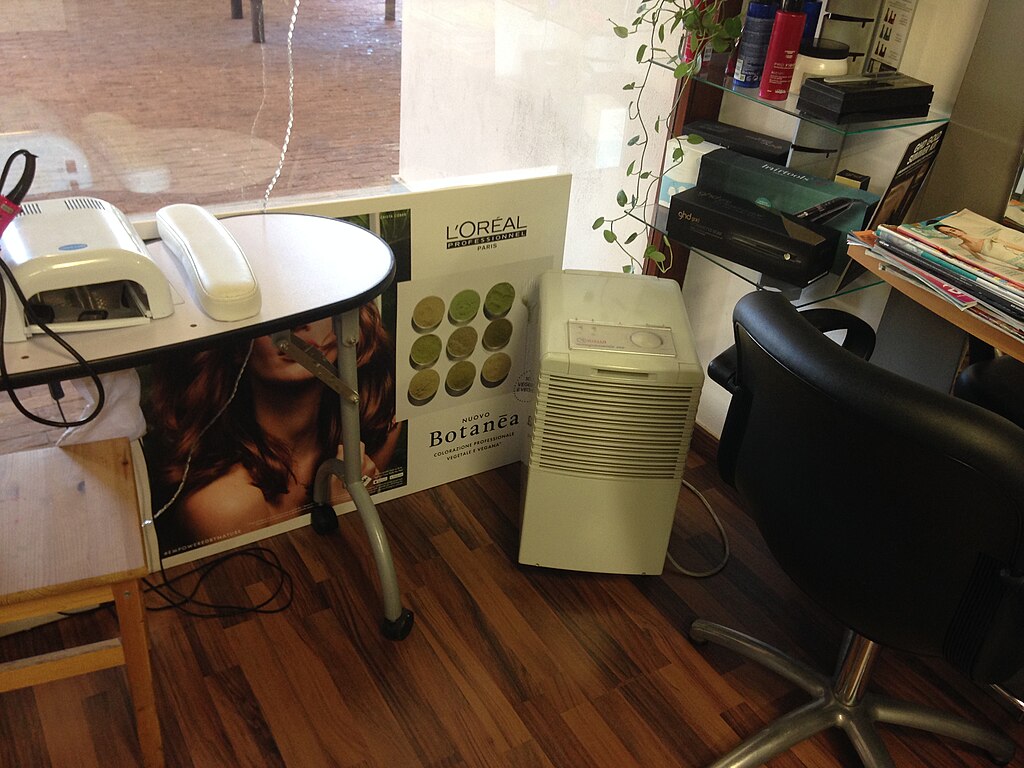Among numerous critters you might discover outdoors or possibly even inside your house, centipedes sure seem to attract attention. These speedsters with numerous legs really do give us the creeps, but are they actually harmful? Essentially, could an outrageous question like “Do Centipedes Bite?” hold some truth? Well, let’s delve into the details and expose the fascinating truth lurking behind our multi-legged guests.
Unmasking the Nature of Centipede Bites

Primarily, centipedes cozy up in moist areas out in the wild, like under rocks, or within heaps of leaves or tree bark. Unfortunately, some might find their way into your peaceful abode. Though alarming, they’re largely beneficial creatures, preying on other pests like spiders or insects. However, their tendency to bite is often a hot topic of interest.
So, Can They Really Bite?

Indeed, centipedes can bite, but only when they’re distressed or provoked. Interestingly, these critters don’t use their obvious jaws to bite. Instead, they employ their front legs, which are modified and venom-laced. Fear not, although ‘venomous’ might sound scary, these bites seldom lead to severe harm. Normally, you might experience a bit of discomfort and minor swelling. To be on the safe side, it’s a great idea to apply antiseptic to the bite spot. And, of course, if the swelling or pain gets worse, don’t hesitate to seek medical help.
Treatment Protocol for Centipede Bites

Once you’ve confirmed that yes, centipedes do bite, you’ll want to know how to manage the situation. Here are some easy steps to follow:
- Stay calm. Though uncomfortable, the bite is treatable.
- Wash the bitten area with warm, soapy water.
- If you feel discomfort, use a hot compress. For any swelling, choose an ice pack instead.
- An over-the-counter painkiller like ibuprofen or acetaminophen should help you manage the pain.
- If itching ensues, hydrocortisone cream works wonders. If that’s not accessible, a homemade paste of water and Benadryl will also do the trick.
- Keep an eye out for any signs of infection. If anything seems out of the ordinary, consult a physician as soon as possible.
Important Techniques to Prevent an Encounter

You might consider taking initiatives to prevent centipedes from meandering into your indoors. Here are some practical tips:
- Moisture Control: Since dampness is central to the critters’ survival, keep your home as dry as possible. Run air-conditioners or dehumidifiers during steamy weather.
- Household Maintenance: Seal any potential entry points to your dwelling. That includes cracks along windows and doors, and gaps where pipes and wires penetrate your walls.
- Hassle-Free Traps: Placing sticky tapes near common entry points can immobilize intruding centipedes, leading to their demise.
So, even if a chilling question such as “Do Centipedes Bite” turns true, there’s no need to panic! With clear knowledge and preventive tactics at your disposal, you can keep your home centipede-free.
Related Resources: